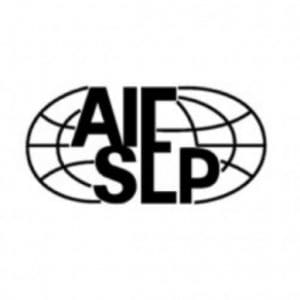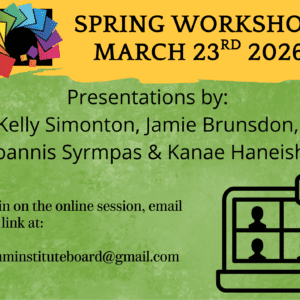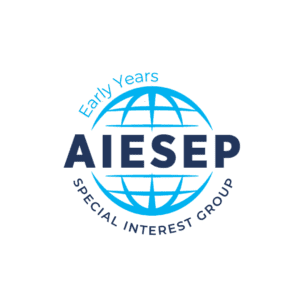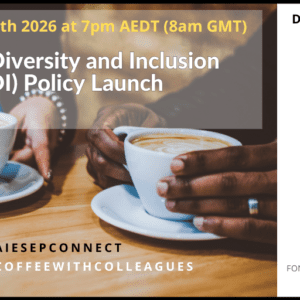I believe we should all be cognizant of the extent to which our respective areas of interest and expertise is actively recruiting and nurturing early-career scholars (MacPhail, 2017). We cannot be complacent and expect or rely on individuals to approach us seeking opportunities for further study. We need to be identifying talented individuals, working with them in ascertaining their particular area(s) of interest and pursuing funding opportunities that will allow them to begin their journey in contributing to a national research community, striving to become part of the international community as they progress. To this end, I have always advocated for, and over the years become more involved in, supporting early-career colleagues, specifically with respect to how they can most effectively build their research career.
At this year’s International Association for Physical Education in Higher Education (AIESEP) 2019 Conference in Garden City, New York I had the opportunity to co-host a ‘Building Your Research Career’ pre-conference workshop with my colleague, Professor Steven Silverman, formally of Teachers College, Columbia University and more recently Florida Atlantic University. The workshop focused on developing and sustaining a research career in higher education. After Steve and I discussed our respective research trajectories and the infrastructures that supported and challenged us, an open discussion ensued with respect to challenges experienced by early career researcher participants. Challenges noted by the participants included;
Pressures in gaining research supervision experience
Role clarity, and at times, conflict between undertaking the role of teacher and role of researcher
Maintaining a balance between academic life and personal life
Identifying appropriate theoretical frameworks for areas of study
Identifying opportunities that are best served by cooperation or working as an individual
Time constraints and pressures in delivering publication requirements
Being strategic without relying on self-promotion
The workshop then allowed time to consider advice for developing a research career and making connections and reaching out to the larger research community. In concluding the workshop, participants were asked to what opportunities they would like to access in the near future through AIESEP to develop their research career. The responses are relevant to many interested in supporting early-career colleagues and included;
Upskilling in specialist research skills, i.e., approaches to qualitative data collection
Creating formal seminars and informal spaces for discussions about research ideas
Specific conference sessions for young scholars presenting their project ideas
Someone to identify early-career colleagues who may be attending a conference on their own and introduce them to a sample of attendees
Pre-conference workshops in which PhD projects can be introduced and discussed in small groups / better basis for networking
Actively support ongoing research to facilitate collaboration
There are a number of young/early-career scholars who are confined by rules and regulations that, in comparison to the academic freedom and support many of us enjoy, significantly hamper their opportunity to grow and be nurtured (MacPhail, 2017). It is therefore imperative that those of us operating in more privileged spaces find time to contribute to support early-career colleagues in building a research career.
Reference (and submitted by):
Ann MacPhail (2017) ‘Physical education and sport pedagogy’ and the three ‘A’s: apprenticeship, academia and administration, Sport, Education and Society, 22:5, 669-683, DOI: 10.1080/13573322.2016.1276053



